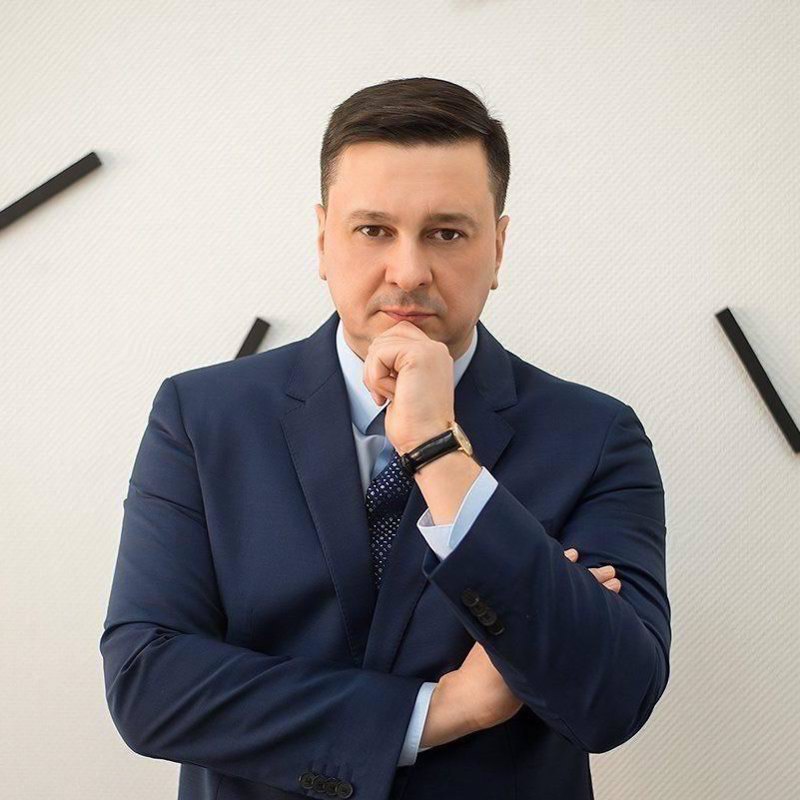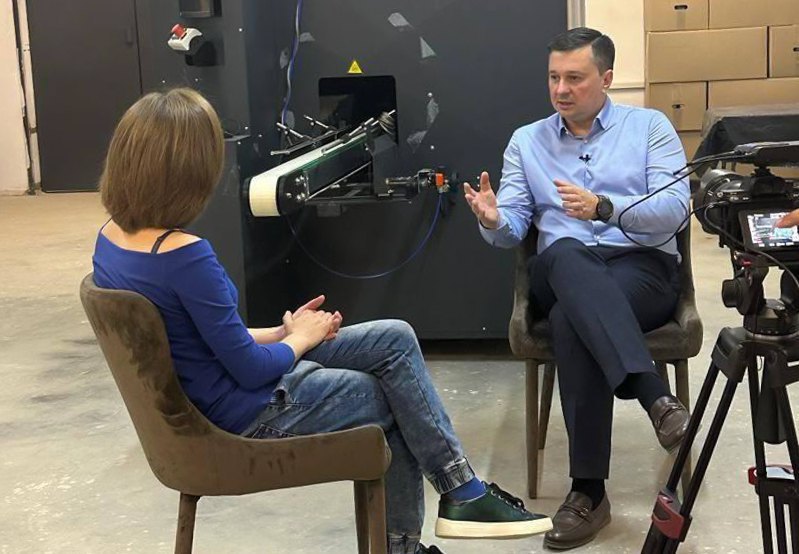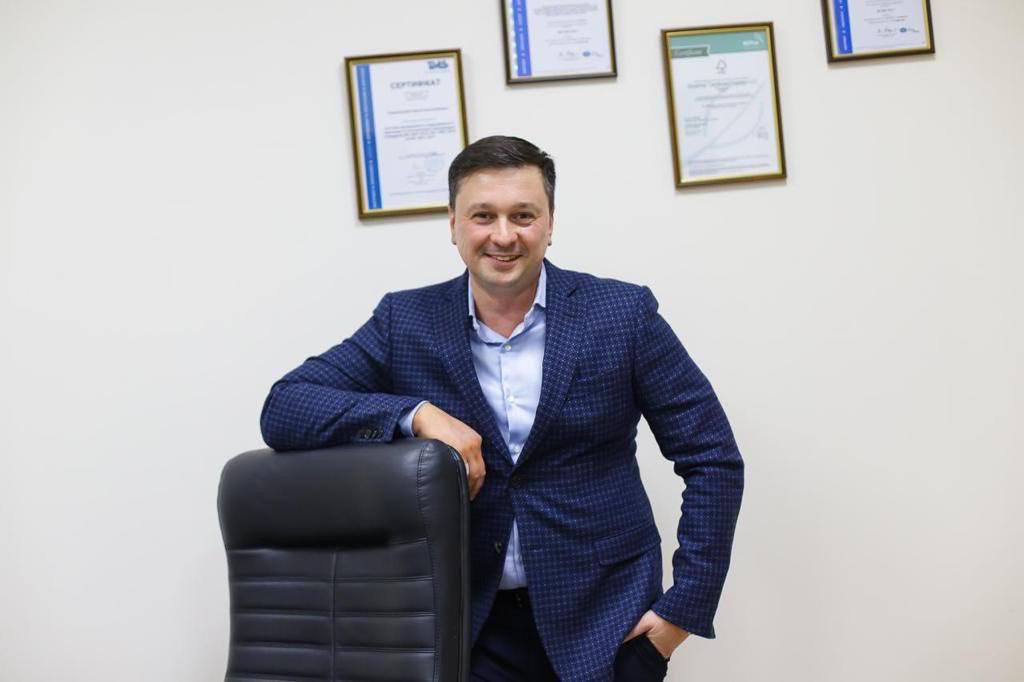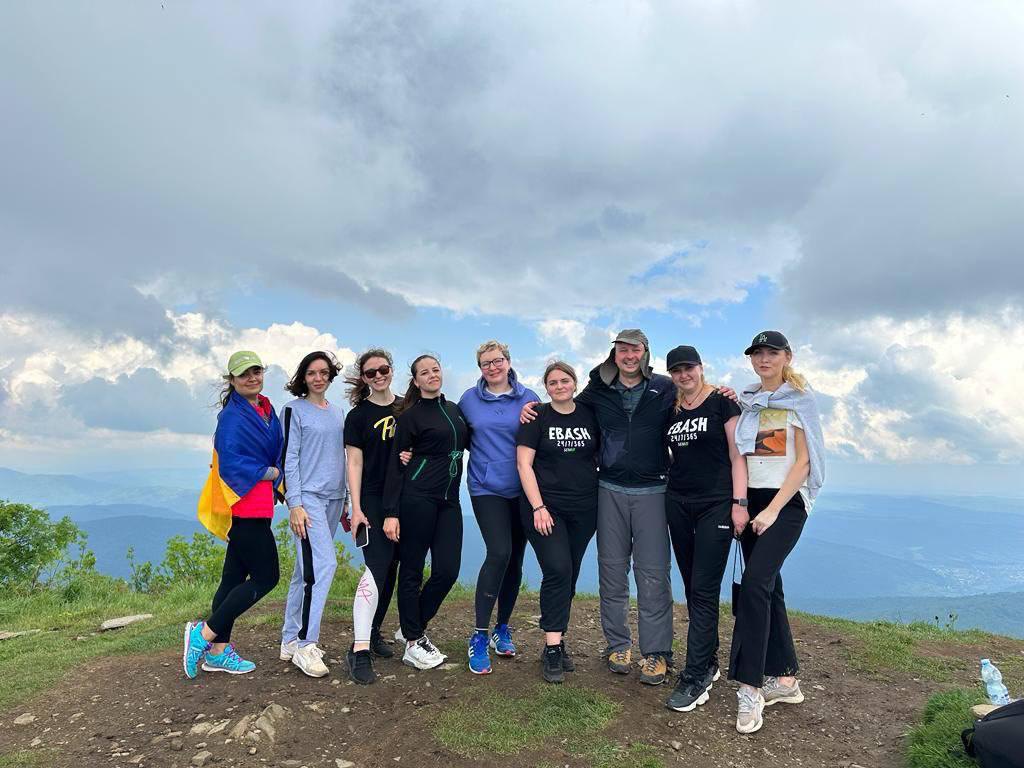
The role of the individual and revision of HR policy
Traditionally, in the pre-war era, Ukrainian business was focused on consolidation, so we had many vertically integrated holdings. Corporations attract the largest number of talents, but in such a corporate environment, the role of a person is often limited. It's a sluggish, viscous, bureaucratic environment where the initiative is evaluated through the prism of the interests of the corporation, and sometimes even in terms of the interests of the centers of influence in that corporation.
This corporate nature of the labor market, plus deep Soviet cultural codes, created such a specific nature of employer-employee relations, where hierarchy is clearly visible, and where, in very close contact, one can even discern caste. In large corporations, the approach to personnel is mostly based on dogma: “there are no irreplaceable people” and” people are resources that can generate profit.”
On the one hand, it is difficult for small and medium-sized businesses to compete with corporations for the best minds, and on the other hand, talented professionals seeking self-realization often choose the paths of big business rather than areas where the use of their talents and initiatives is encouraged.
If we look at the relationship between employer and employee in small and medium-sized businesses, we see that SMEs give people more opportunities for initiative, more interaction with the decision-maker, and proximity to the “lever.”
In such organisations, reputation, trust, and long-term interaction are important. It is in small and medium-sized businesses that people are not just resources, they are business value.
This new philosophy of HR policy, which takes into account the needs, ambitions and capabilities of each employee, helps to maintain a higher level of employee motivation, job satisfaction and commitment to the company, which in turn also contributes to increased efficiency.

Small and medium-sized businesses as key players in the economy
Small and medium-sized businesses are the engines of most Western European economies. They create jobs, stimulate the economy, and drive local development. For post-war Ukraine, the role of small and medium-sized businesses will increase significantly.
If we take the example of Poland, where SMEs predominate, the role of the individual in business is much higher than in Ukraine. SMEs are built on reputation, trust, and a history of long-term interaction, where the role of the individual employee becomes more important, and the professional fulfillment of personnel in such systems is more likely and more comfortable than in the corporate system.
Ukrainian small and medium-sized businesses also have great potential to become a platform for developing and realizing the individual potential of employees. In order to realize this potential, it is necessary to transform the HR policy to enable the attraction and development of talented professionals. This can be achieved by creating favorable working conditions, providing opportunities for training, developing and supporting innovative ideas.
Ways of transformation
After the war, Ukraine has a unique opportunity to review and transform its human resources policy. By valuing people and supporting small and medium-sized businesses, the country can achieve sustainable economic growth and development.
However, it is important to emphasize that mental support, personalized approach and humanism in business should be the driving forces not only for the internal development of companies, but also for the recovery of the country as a whole. This includes not only changes in HR policy, but also changes in society as a whole.
A number of strategies need to be implemented to transform HR policy after the war:
- Reassess the value of the individual
Companies need to reconsider their approaches to HR policy and start treating their people as valuable.
- Education and development
Providing training and development opportunities for employees will help them realize their potential.
- Support for innovation
Fostering innovation and employee ideas will give them opportunities to contribute to the company's development.
- Attracting talent
By attracting talented professionals, we give them the opportunity to develop in line with their potential.

Ukrainians will no longer be what they were before the war
In the years before the war, the global trend of win-win interaction between employers and employees was gaining momentum in Ukraine. This was certainly reflected in the labor market, but the war changed a number of behavioral patterns among Ukrainians.
The first thing that changed was the fear of change. Ukrainians changed their place of residence, lost their jobs, found a new job, found a new country. They started working in conditions that they had previously considered unacceptable. Living in danger and uncertainty, we have lost our deep, archaic fear.
And today we are seeing new free people in the labor market. Against the backdrop of the horrors of war, the fear of change has disappeared, and this is likely to become an element of the nation's code. Ukrainians have become calmer, more open to change, and are no longer afraid to change their fate and their lives. The war made people reconsider their values and their fears of change. We have become bolder.
The second important point is to dispel the myth that Ukraine is unable to compete in the global technology arena. It has been imposed on the nation from the outside for years - the myth of some kind of backwardness, agrarianism, and inability to comprehend global technological innovations.
First of all, the Ukrainian Armed Forces have broken this myth. Our soldiers on the front line are working with high-tech weapons, and I am sure that soon Ukrainian pilots will be flying F-16s and demonstrating outstanding skills. This proves to the whole world, but above all to ourselves, that Ukrainians can work with the latest technology, the most sophisticated equipment, and often improve it. This profound, tectonic change shows that today Ukrainians are fully integrated into the global sphere of technology and there is no difference between a Western European soldier, a NATO officer, and a Ukrainian military officer.
The third factor is overcoming the inferiority complex. Many refugees to Europe faced differences in culture and service, became familiar with the peculiarities of the European service sector, and realized how well organized many systems in Ukraine are. This allowed Ukrainians to appreciate and realize the highest level of service and quality of services in Ukraine. We learned that even after visiting other countries, many people want to come back and use Ukrainian services and buy Ukrainian goods and services.
After visiting U.S. home improvement stores, everyone wants to return to their favorite Epicenter, where a consultant will work with you endlessly and carefully, explaining all the nuances and professionally selling you a particular product. After traveling to European gas stations, everyone wants to return to the very good food and very good service at WOG and OKKO. Having gained experience in European banks, having filled out 10,000 papers, all Ukrainians are eager to return to use their Diia or Monobank.
All these changes that we have realized during the war indicate a new freedom and openness to changes in the Ukrainian labor market. After the Victory, we will see new Ukrainians, people are now ready for new initiatives and more confident in their abilities. These changes are affecting HR policies and the labor market like never before, and in this context, they allow Ukrainian companies to attract and develop the best talent.

Bringing Ukrainians home and attracting labor migrants
However, even with such an awareness of the value of Ukraine, not all IDPs are motivated by these factors to return home. Nor will it be enough to attract labor from abroad to rebuild the country after the war. Ukraine needs a labor migration trend that will be created by attractive working conditions.
It is important to take into account that our countrymen who left Ukraine have their own motives and expectations. Therefore, the state should consider them as the highest value and provide benefits to Ukrainian workers who are considering returning home.
Creating special programs and incentives for the return of Ukrainians working abroad may include financial benefits, employment assistance, and support in social security issues. However, the most important incentive should be a convincing argument that there is no better life than in the homeland. The state should create programs that will show that Ukraine is not only a place of native mentality and nostalgia, but also a place where their efforts and talents can truly be revealed.
These changes in Ukrainian society and the labor market give us a unique opportunity for development and growth. It also shapes the philosophy that every person is not just a resource, but a value that can change the future of the country.
We are ready for changes and these changes are our new reality.








